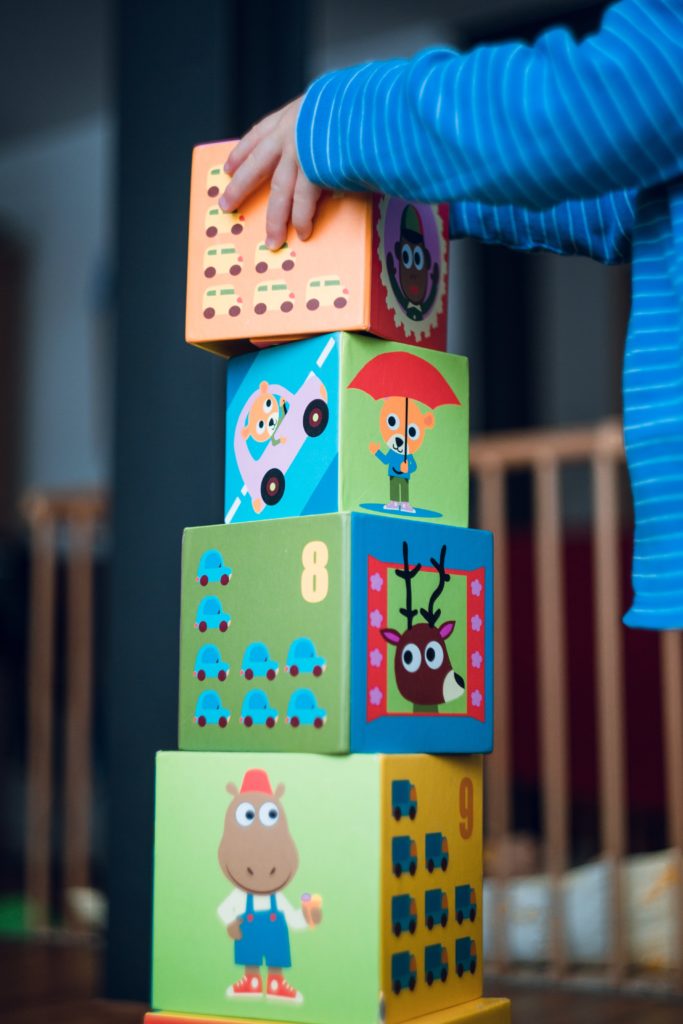When building a house it is best to start with a strong foundation. This applies to early brain development as well. The brain develops faster in a child’s first three years than any other time in life, laying the bricks and mortar of future learning and success. A child’s early brain development foundation is improved with supportive and responsive interactions. We know if a home’s foundation is strong by doing an inspection, but what about children’s early development?

The Early Development Instrument (EDI) is a tool that shows communities where cracks are forming in their children’s developmental foundation. The EDI questionnaire is completed by kindergarten teachers. It measures children’s physical health and wellbeing; social competence; emotional maturity; language and cognitive skills; and communication skills and general knowledge. The results are combined so a community has a snapshot of how children are developing across neighborhoods, including areas of early development that need more support and in which parts of the community resources should be targeted.
Children who don’t meet developmental expectations of the EDI are considered vulnerable. Understanding where a community’s most vulnerable children live and the area of development needed allows schools, neighborhoods and cities to work together and make decisions that improve early development that will benefit all children.
With support from Arkansas Children’s Natural Wonders Partnership Council, Excel by Eight partnered with the Center for Healthier Children, Families, and Communities at UCLA to provide the EDI to E8 Communities in Conway, Independence, Monroe, Pulaski, Sevier, and Union counties. Click the linked county names to explore their interactive maps.
Just like a house, it is best to start with a strong foundation so we can build tall. In January, we will share how E8 Communities used EDI results to give children the best foundation possible.
